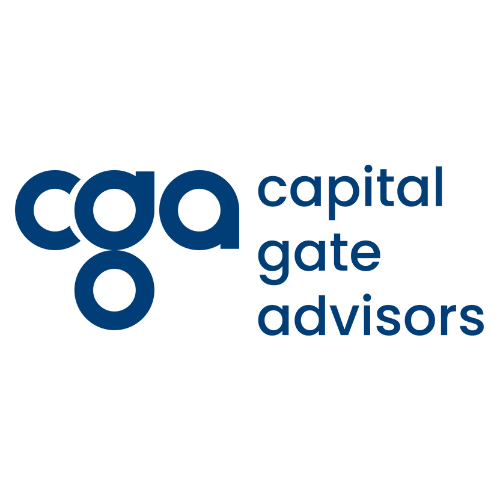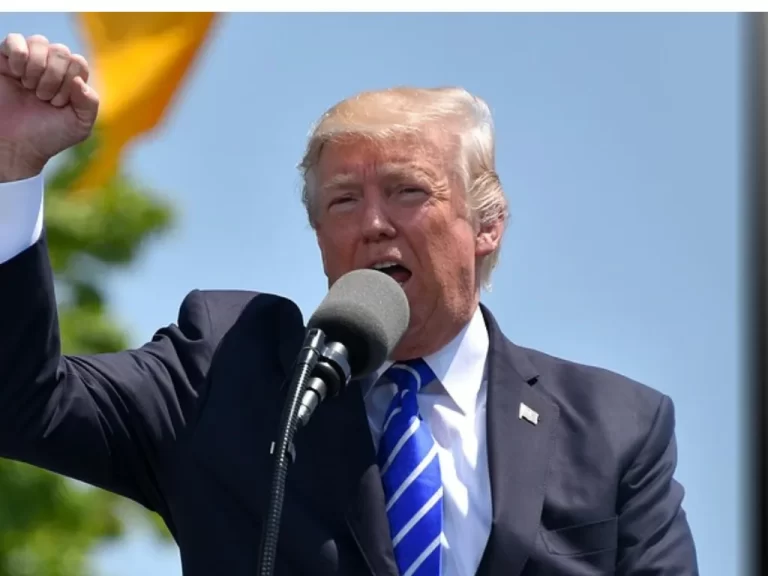By Ajith Henry
October 2, 2024
The recent U.S. Fed rate cuts have had a notable impact on global financial markets, with further reductions anticipated. Naturally, a declining interest rate environment would suggest reduced capital market activity, particularly IPOs, as lower borrowing costs typically encourage companies to seek debt financing over equity issuance. However, the GCC presents a unique case where structural factors continue to drive robust capital market activity despite global trends.
The ongoing privatization initiatives in countries like Saudi Arabia and the UAE, along with the increasing need for family-owned businesses to diversify or exit, are fueling a steady stream of IPOs. Governments are listing state-owned enterprises to reduce public sector dominance and foster private sector growth, while family businesses are turning to the capital markets for expansion and institutionalization. These local dynamics, along with the region’s substantial sovereign wealth funds and strategic reforms, provide a strong buffer against shifts in monetary policy, ensuring that capital market activity remains resilient even in a declining interest rate environment.
Economic resilience
The GCC economies, particularly Saudi Arabia and the UAE, have built resilience largely on the back of their ambitious and long-term economic diversification agendas. However, the ongoing economic resilience is still primarily driven by the oil sector, which continues to fuel deal activity by the sovereign wealth funds. SWFs in the Gulf, which collectively manage trillions of dollars, act as powerful stabilizers. These funds not only help stabilize economies in times of oil price volatility but also finance large-scale infrastructure projects and investments in non-oil sectors. Their liquidity and financial strength mean that the GCC is less dependent on external financing. While diversification efforts are underway, growth in SWF assets and the region’s key role as a global energy supplier provide a robust buffer against external shocks. A combination of steady growth in both oil and non-oil sectors, coupled with ongoing reforms, allows GCC states to navigate global market fluctuations with relative stability.
Drivers: privatization, private sector participation, and liquidity improvement
A key driver of the resilience in KSA and the UAE’s primary capital markets is the strong and growing demand for capital, driven by secular local dynamics. Foremost among these is the region’s ambitious privatization agendas, where governments are actively listing state-owned enterprises to reduce public sector dominance and stimulate private sector growth. Examples include the recent IPOs of Saudi milling companies and the listing of ADNOC operating companies in the UAE. These efforts go beyond raising capital—they are reshaping the economic landscape by improving market efficiency and diversifying revenue streams away from hydrocarbons. This steady pipeline of activity underscores the long-term, structural growth in the region’s capital markets.
In parallel, the private sector, particularly family-owned businesses, is undergoing a professionalization and partial exit trend, especially among second-generation owners. As these businesses seek to institutionalize and diversify their operations, many are turning to capital markets to raise funds for expansion, improve corporate governance, and enhance transparency. This shift not only helps attract top talent but also facilitates strategic diversification away from core family-owned assets. These trends ensure that regional capital markets remain vibrant and active, driven by local imperatives that are largely independent of interest rate movements.
Additionally, regional stock markets are actively enhancing market liquidity and attracting global institutional investors through a series of regulatory developments and the introduction of new products and strategies. These include the launch of derivatives and futures contract trading, market-making initiatives, and the introduction of secondary or parallel markets with lighter listing regulations, all designed to facilitate easier access for international participation. By deepening and broadening their markets with more attractive IPOs and bond issuances, they offer compelling opportunities to international buy-side institutions seeking exposure to emerging markets. The inclusion of several GCC markets in global indices like MSCI Emerging Markets, FTSE, and S&P Dow Jones has already drawn significant inflows of foreign capital, reflecting the region’s growing appeal on the global stage.
GCC capital markets remain resilient
Driven by KSA and the UAE, the GCC is proactively pursuing economic diversification and capital market reforms, making the economies more attractive to investors and less reliant on oil revenues. The Kingdom’s Vision 2030 and the UAE’s various economic initiatives exemplify these efforts. As a result, the region has witnessed a surge in IPOs and bond issuances in recent years, driven by strong domestic demand and growing international investor interest in Gulf assets. The robust performance of companies like ACWA Power and Salik and other local issuers underscores the strength of the regional capital markets. The regional capital markets are supported by local liquidity, strong corporate earnings, and positive investor sentiment.
The recent Fed rate cuts, along with any further reductions, are unlikely to materially affect primary capital market activity in the GCC. The region’s economic resilience—underpinned by strong SWF activity, comprehensive capital market reforms, and a favorable global energy outlook—provides a solid foundation for continued growth. Key structural drivers, including ambitious privatization agendas, the partial exits and diversification of family-owned businesses, and the introduction of new financial instruments and markets to enhance liquidity, ensure that GCC capital markets remain robust and attractive to global institutional investors, largely insulated from external monetary policy shifts.
Ajith Henry is a Managing Partner at Capital Gate Advisors, an expert-led strategic communications consultancy in the Middle East.
*Views expressed are those of the author and do not necessarily reflect the views of the firm.



